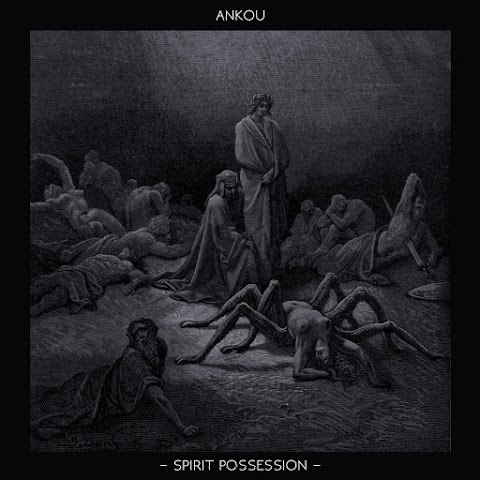Galileo Galilei

Galileo Galilei
Galileo Galilei
| |
|---|---|

Portrait of Galileo Galilei (1636), by Justus Sustermans
| |
| Born | 15 February 1564
Pisa, Duchy of Florence
|
| Died | 8 January 1642 (aged 77)
Arcetri, Grand Duchy of Tuscany, Italy
|
| Residence | Grand Duchy of Tuscany |
| Nationality | Italian |
| Alma mater | University of Pisa 1580-85 (no degree) |
| Known for |
|
| Scientific career | |
| Fields | Astronomy, physics, engineering, natural philosophy, mathematics |
| Institutions |
|
| Patrons |
|
| Academic advisors | Ostilio Ricci |
| Notable students |
|
| Signature | |
 | |
| Notes | |
His father was the musician Vincenzo Galilei. Galileo Galilei's mistress Marina Gamba(1570 – 21 August 1612?) bore him two daughters, (Maria Celeste (Virginia, 1600–1634) and Livia (1601–1659), both of whom became nuns), and a son, Vincenzo (1606–1649), a lutenist.
| |
Galileo studied speed and velocity, gravity and free fall, the principle of relativity, inertia, projectile motion and also worked in applied science and technology, describing the properties of pendulums and "hydrostatic balances", inventing the thermoscope and various military compasses, and using the telescope for scientific observations of celestial objects. His contributions to observational astronomy include the telescopic confirmation of the phases of Venus, the observation of the four largest satellites of Jupiter, the observation of Saturn and the analysis of sunspots.
Galileo Galilei (Italian: [ɡaliˈlɛːo ɡaliˈlɛi]; 15 February 1564 – 8 January 1642) was an Italian astronomer, physicist and engineer, sometimes described as a polymath. Galileo has been called the "father of observational astronomy", the "father of modern physics", the "father of the scientific method", and the "father of modern science".
Galileo's championing of heliocentrism and Copernicanism was controversial during his lifetime, when most subscribed to either geocentrism or the Tychonic system. He met with opposition from astronomers, who doubted heliocentrism because of the absence of an observed stellar parallax.[11] The matter was investigated by the Roman Inquisition in 1615, which concluded that heliocentrism was "foolish and absurd in philosophy, and formally heretical since it explicitly contradicts in many places the sense of Holy Scripture." Galileo later defended his views in Dialogue Concerning the Two Chief World Systems (1632), which appeared to attack Pope Urban VIII and thus alienated him and the Jesuits, who had both supported Galileo up until this point. He was tried by the Inquisition, found "vehemently suspect of heresy", and forced to recant. He spent the rest of his life under house arrest. While under house arrest, he wrote Two New Sciences, in which he summarized work he had done some forty years earlier on the two sciences now called kinematics and strength of materials.
An astronomer and Italian physicist, whose most important achievements are the development of the telescope and the introduction of many improvements to it, the title of the father of modern astronomy and the father of physics and science.
Galey worked on experimental methods in his scientific research, and put research into the relative motion and movement of the body at the diagonal level, at the moment of throwing an object in a corner with the horizon and the fall of objects and the use of pendulum to measure time, and made many improvements to the compass, and worked on the invention of thermometers .
The last years of Galileo's life were spent under house arrest, after the judgment of his country's Inquisition, as a result of his dissenting views of the Church which controlled all forms of life in the state at the time.











0 Comments